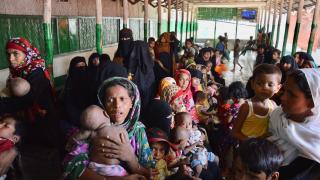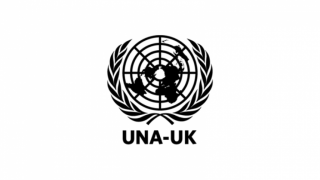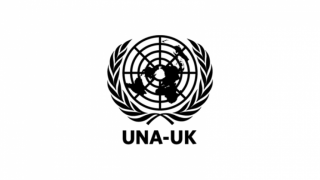
UNA-UK, along with 87 non-governmental organisations, have signed a global appeal calling for the United Nations to take ‘timely and decisive’ action on Myanmar.
The appeal, launched by Human Rights Watch, urges the UN General Assembly and Security Council to take urgent steps to “address the human rights abuses and humanitarian catastrophe” affecting Myanmar’s ethnic Rohingya population.
The coalition of 88 non-government groups calls for UN delegations to undertake pressing efforts to adopt a resolution in the UN General Assembly. It warns that inaction cannot be an option in the face of mass destruction, killings, and the displacement of hundreds of thousands.
Since October 2016 security forces in Myanmar are alleged to have carried out a series of brutal attacks on Rohingya Muslims in Rakhine State, including extrajudicial killings, rape, torture, and arson. From 25 August, over 400,000 Rohingya Muslims have fled across the border into Bangladesh. UN Secretary-General António Guterres and UN High Commissioner for Human Rights Zeid Ra’ad al Hussein have described the Myanmar security forces’ ongoing campaign against the Rohingya in the Rakhine State as ethnic cleansing.
On 28 September the United Nations Security Council met to discuss Myanmar at its first open meeting on the country in eight years. Despite a number of Security Council members at the meeting demanding an end to violence against Rohingya, immediate humanitarian access and decisive council action, no active measures have been put in place to prevent further atrocities and impose consequences on Myanmar's military.
UNA-UK alongside other NGOs have underlined the importance of sanctions, calling for the Security Council to seriously consider an arms embargo against the military and to impose targeted sanctions against individuals responsible for crimes and serious abuses.
View the full text of the appeal
Photo: Undocumented Rohingya refugees in Bangladesh. EU/ECHO/Pierre Prakash






